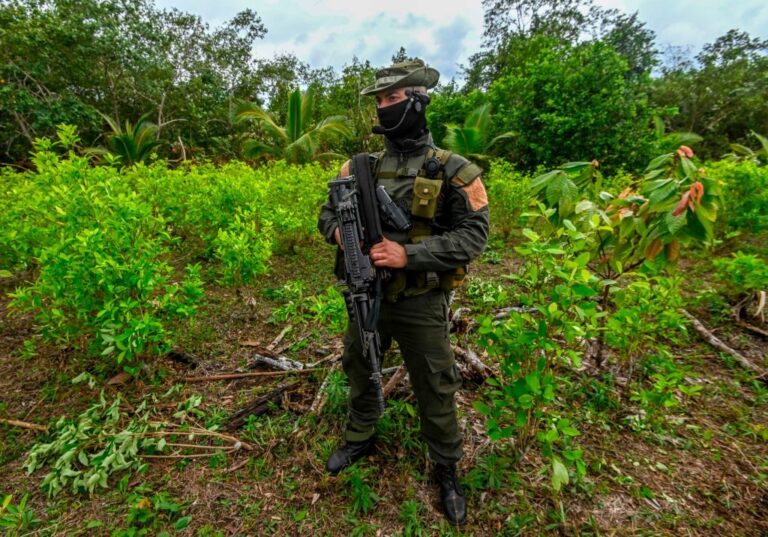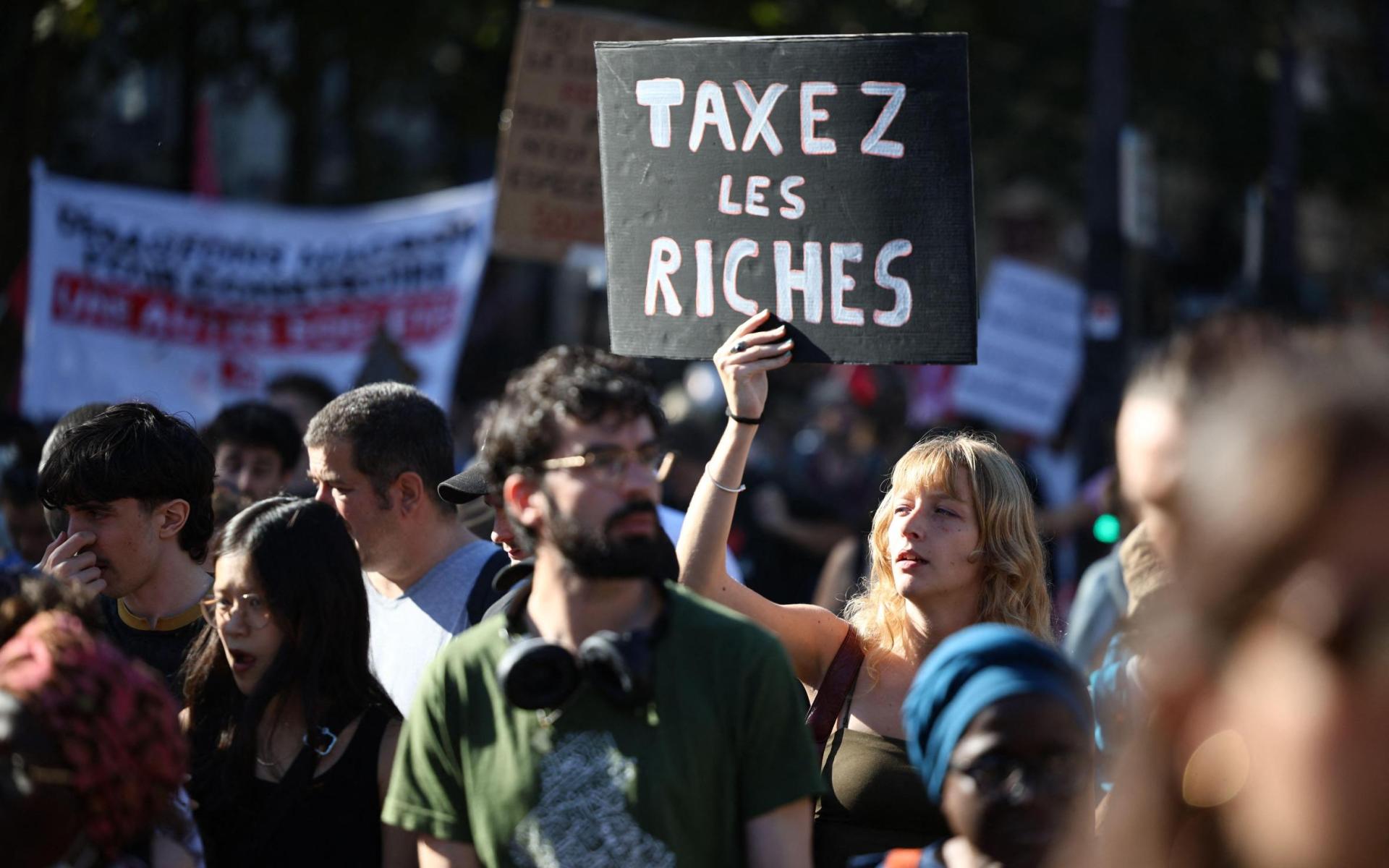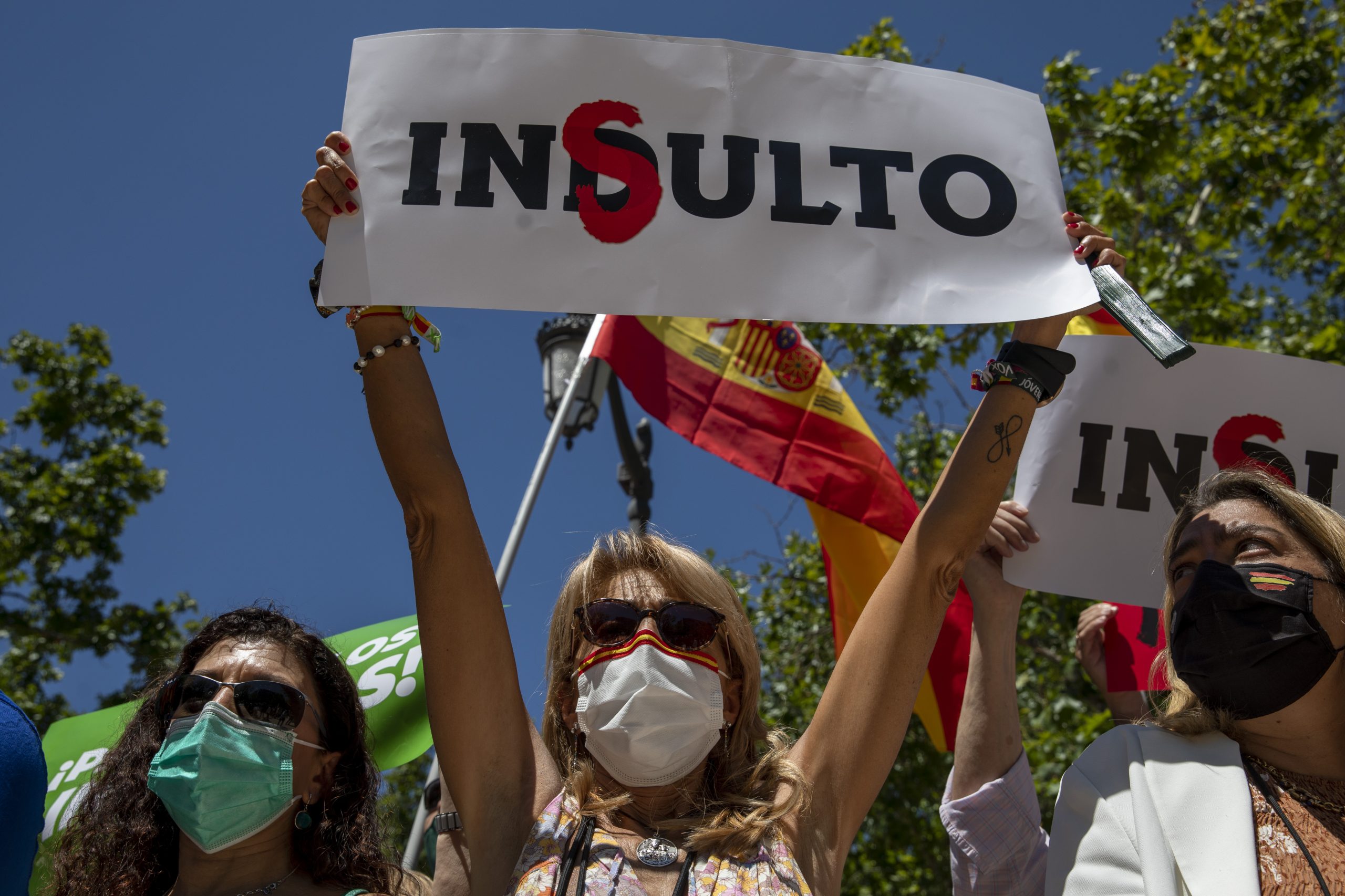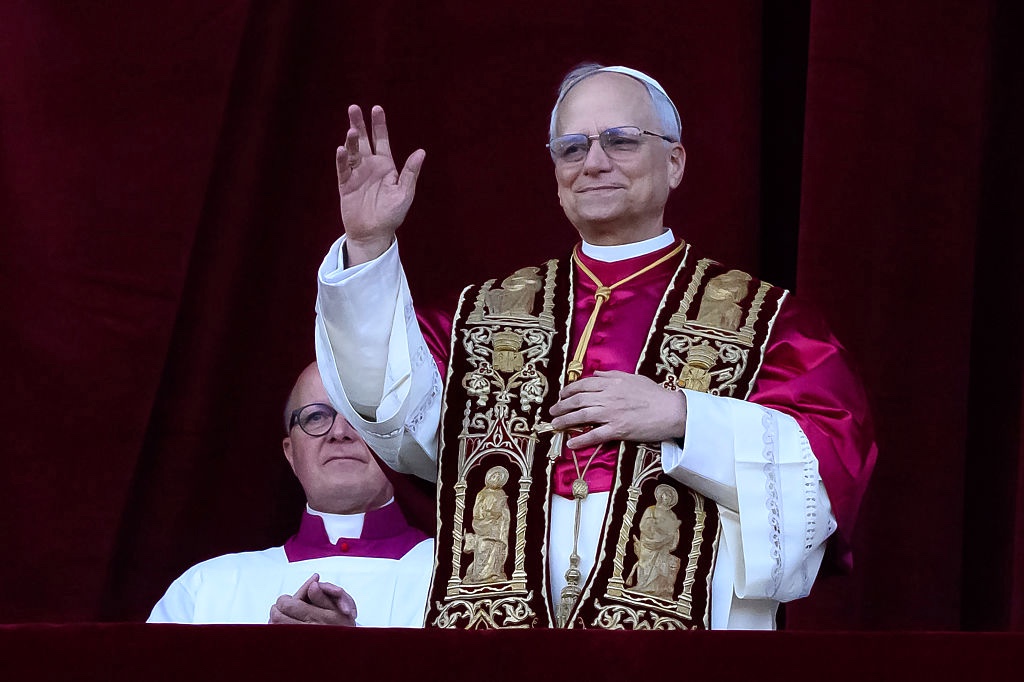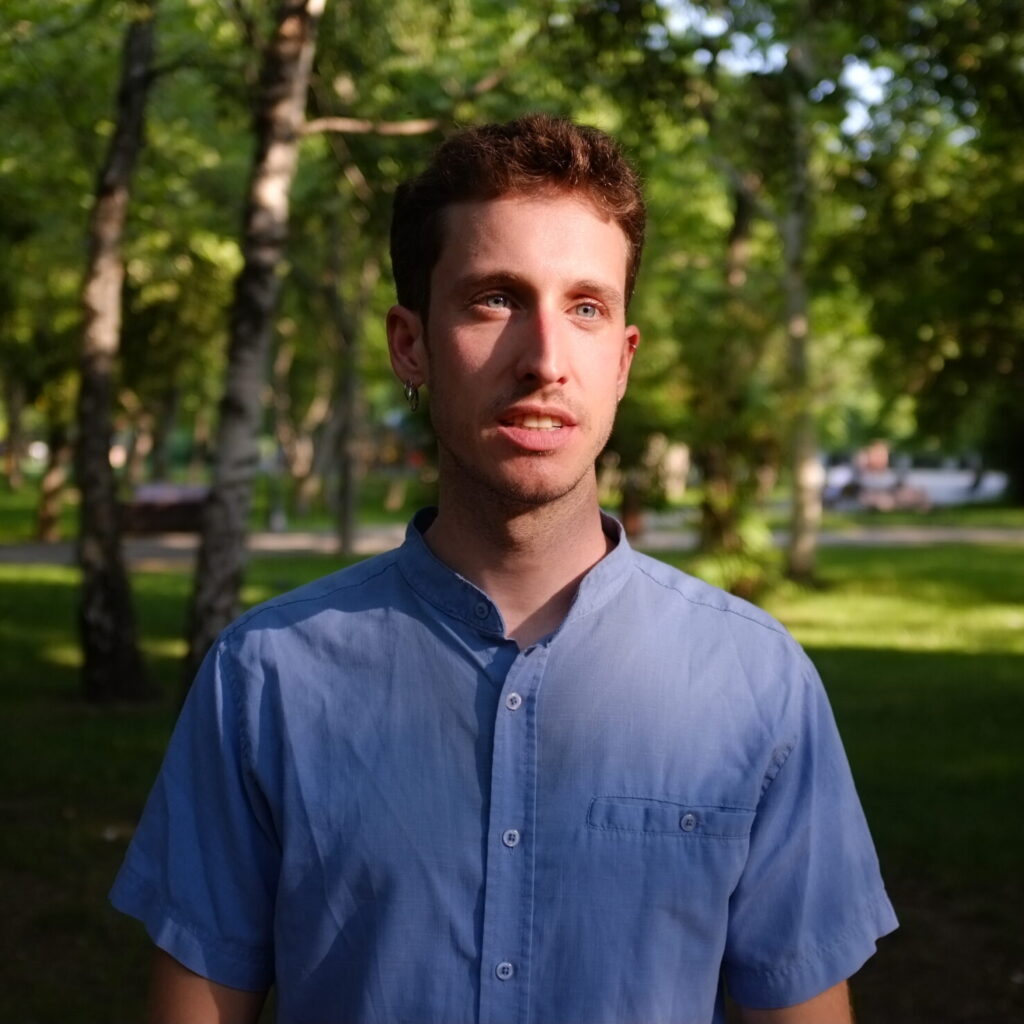
Pablo Castaño
Pablo Castaño is a Barcelona-based freelance journalist and political analyst. He contributes to numerous media outlets, including Jacobin, Tribune, The Nation and Le Monde Diplomatique, where he writes mainly about Spanish and Latin American politics, social movements and environment.
- Jacobin
- 5/10/2025
- Jacobin
- 4/10/2025
- The New Internationalist
- 25/9/2025
- Jacobin
- 20/9/2025
- Jacobin
- 22/8/2025
- Tribune
- 22/8/2025
- Green European Journal
- 29/5/2025
- Tribune
- 23/5/2025
- The Nation
- 9/5/2025
- Jacobin
- 9/5/2025
- The Nation
- 7/5/2025
- Jacobin
- 30/4/2025
I have collaborated with media outlets such as








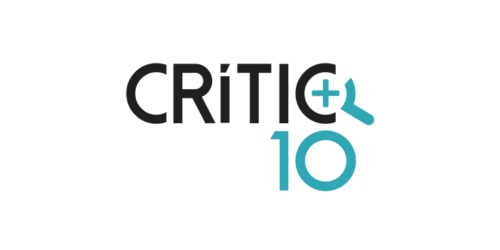
Books
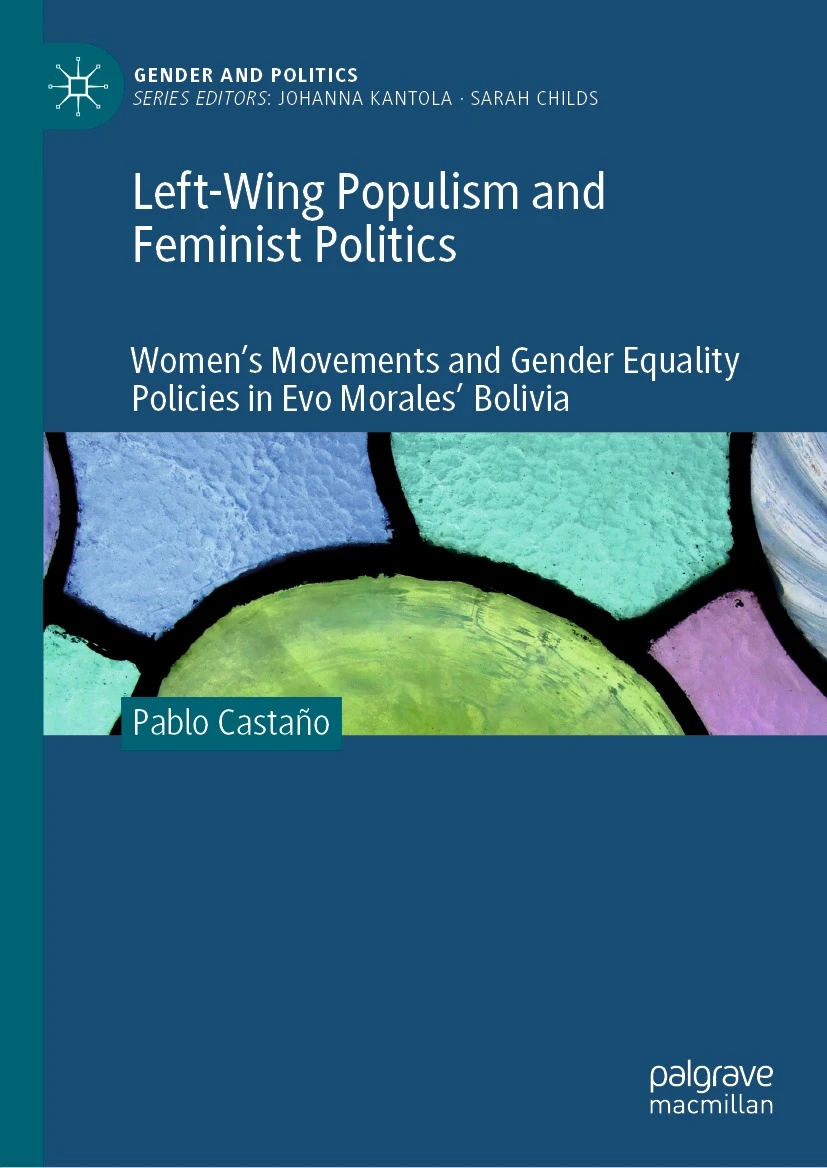
Left-Wing Populism and Feminist Politics: Women’s Movements and Gender Equality Policies in Evo Morales’ Bolivia (Palgrave Macmillan, 2022)
The rise to power of Evo Morales in Bolivia in 2006 sparked enormous hopes for change, including among women’s movements. This book explores the relationship between Morales’s left-wing populism and feminist politics, analysing the gender equality policies promoted by his government, the alliances formed between different women’s movements, and the influence they had on political decision-making. The book is based on Pablo Castaño’s doctoral thesis, enriched by dozens of interviews with activists, policymakers, and experts.
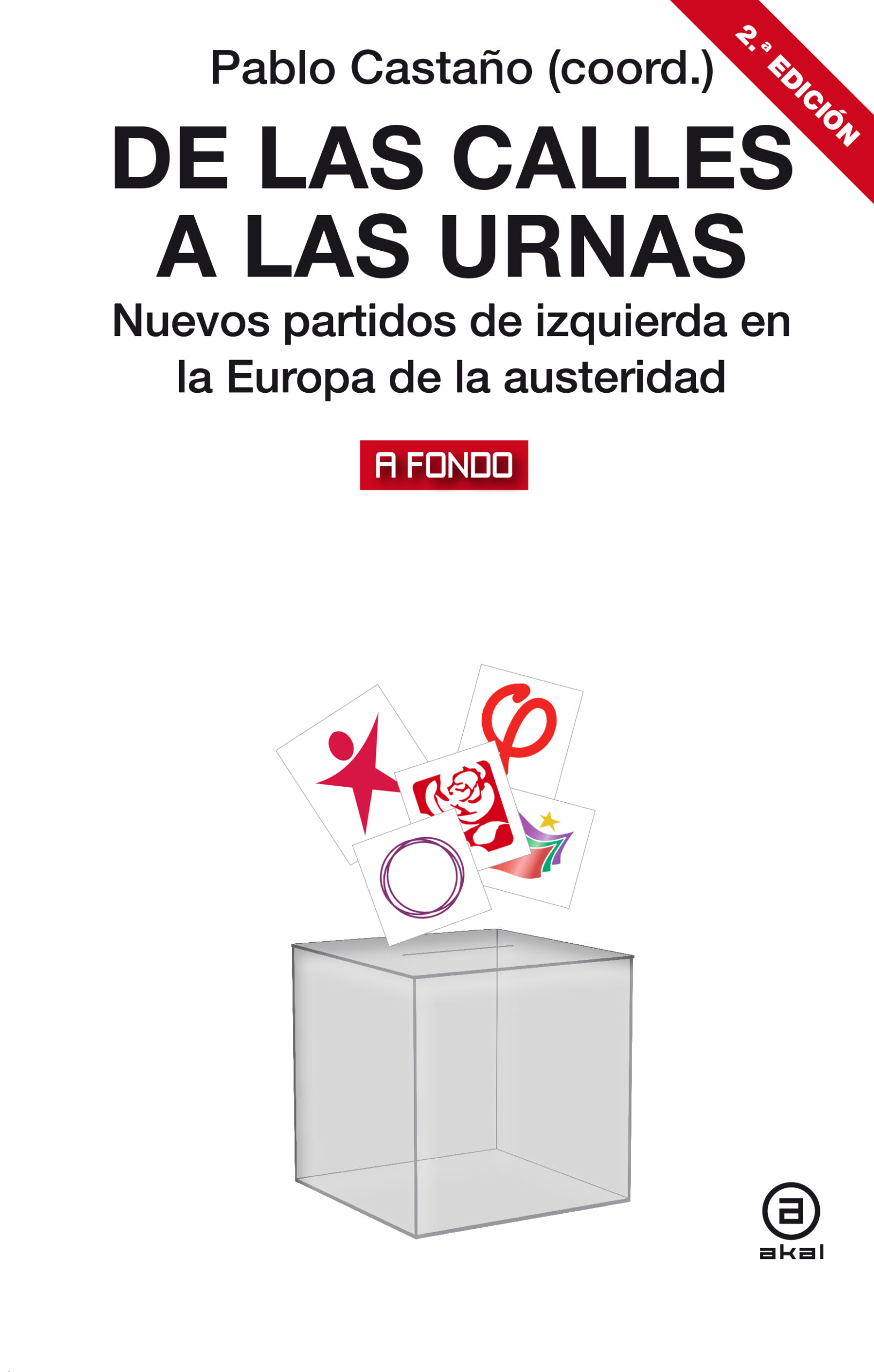
De las calles a las urnas: nuevos partidos de izquierda en la Europa de la austeridad (Akal, 2019)
The 2008 financial crisis triggered a wave of protests across Europe, demanding more democracy and an end to neoliberal austerity policies. This context gave rise to new left-wing parties such as Podemos, La France Insoumise, the Bloco de Esquerda, and the renewed Labour movement under Jeremy Corbyn. This book examines the origins, similarities, differences, and impact of these political forces. The book is edited by Pablo Castaño and includes chapters by Tatiana Llaguno, Catarina Príncipe, Lewis Bassett, Leandros Fischer, George Souvlis, and Pablo Castaño.
